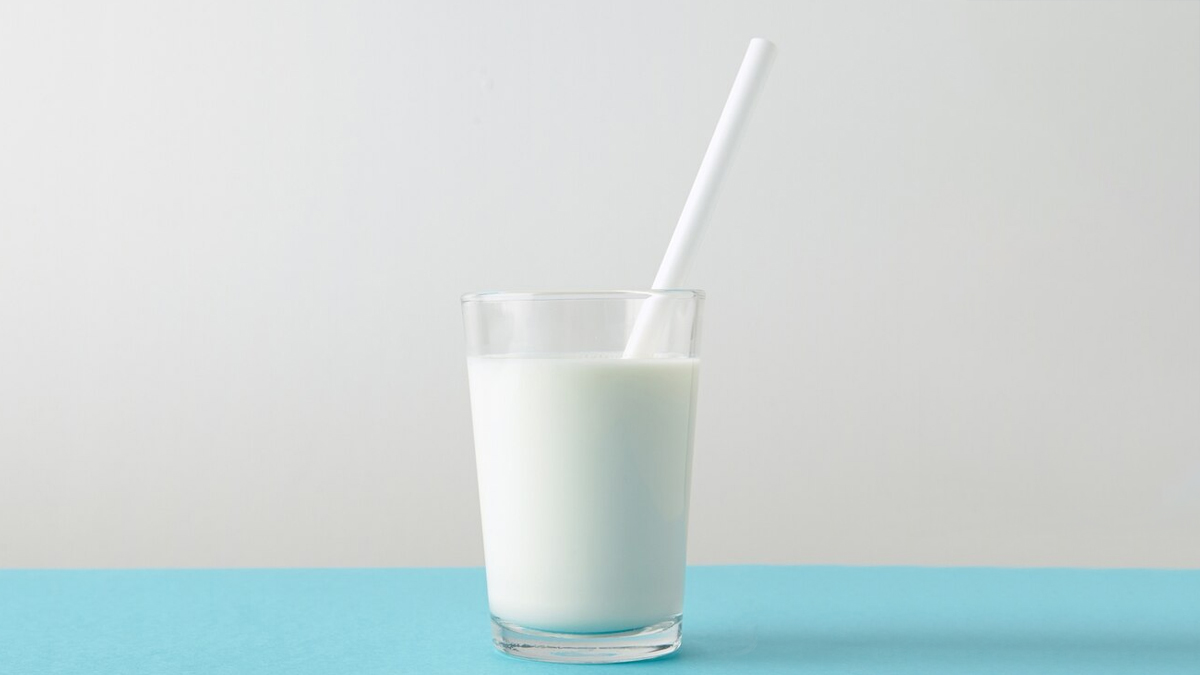
For most of us, milk is a comfort beverage. A morning ritual. A key ingredient in tea, coffee, desserts, or that perfect bowl of cereal. But what if your body doesn’t feel the same way about it? That post-dairy discomfort; a runny nose, clearing of the throat, or an odd sticky sensation at the back of your throat, might be an indication of dairy sensitivity.
Table of Content:-
It’s not the same as being lactose intolerant or allergic to milk. And the good news is that you might not have to eliminate dairy from your life completely. Knowing how your body will respond to milk, and making small, smart changes can allow you to enjoy it without dealing with mucus.
Why Does Milk Cause Mucus for Some People?

Let’s bust a myth first: milk doesn’t cause your body to produce more mucus. But it can make existing mucus feel thicker or more noticeable. This particularly affects individuals who already experience mild respiratory problems, allergies, or have a cold or sinus infection.
Dairy, particularly full-fat milk, contains proteins like casein and whey. For some, these proteins will irritate the respiratory tract or digestive tract lining. As a result, mucus will feel thicker or more sticky. That doesn’t mean you’re allergic, it’s more about how your body processes certain components of milk.
According to an old study, Cow’s milk protein allergy (CMPA) can trigger genuine immune responses, including increased mucus, runny nose, or throat irritation, but it's rare in adults.
Also Read: Dairy sensitivity: Here's What You Can Do To Cope The Nutritional Needs
Signs You Might Have Dairy Sensitivity (Not an Allergy)
Dairy sensitivity doesn’t always scream for attention. It can whisper. Here’s what you might notice:
- Frequent throat clearing after milk
- Mild bloating or gas
- Nasal congestion or a post-nasal drip
- Feeling 'phlegmy' or heavy in the chest
- Mild digestive issues, not as intense as full-blown lactose intolerance
Do You Have to Give Up Dairy?
For individuals with mild sensitivity, giving up dairy entirely isn't always necessary. It's a matter of balance and knowing your triggers. Here's how to cope with the mucus-y aftermath without dumping milk entirely:
1. Switch to Low-Fat or Skim Milk
Full-fat milk may be heavier and more likely to intensify mucus-like sensations. Experiment with lighter forms: skim or low-fat milk, to determine whether symptoms decrease. Plant-based milk substitutes, such as oat, almond, or soy are also useful to try, particularly if they are calcium-fortified.
2. Try Fermented Dairy
Yoghurt, kefir, and buttermilk tend to be easier on the system as they have probiotics and less lactose. They are easier on digestion and can lead to fewer mucus issues than ordinary milk.
3. Observe Your Threshold
Some people can drink half a glass of milk with no issues, but a whole cup tips the scale. Therefore, test your limits. You may find that small amounts spaced out over the day are fine.
Also Read: Non-Dairy Alternatives for Better Cardiovascular Health
4. Hydration is Key
Drinking enough water can thin out mucus naturally. If you’ve had dairy and feel like your throat is sticky, follow it up with a glass or two of water to dilute the sensation.
5. Add Spices That Cut Mucus
If you are someone who loves milk in their tea, try adding anti-mucus spices like ginger, black pepper, turmeric, or cinnamon. These natural decongestants help balance the effects of milk and make your drink more soothing.
6. Check for Hidden Dairy
It’s not just about the glass of milk. Baked goods, sauces, protein bars, and even chips may contain milk powder or casein. If you’re frequently feeling mucus-y but can’t figure out why, hidden dairy might be to blame.
7. Talk to a Professional
If dairy seems to be bothering you consistently, don’t self-diagnose. A dietitian or allergist can help you figure out if it’s sensitivity, intolerance, or something else altogether, and guide you toward the right balance.
[Disclaimer: This article contains information for informational purposes only. Hence, we advise you to consult your professional if you are dealing with any health issue to avoid complications.]
Also watch this video
How we keep this article up to date:
We work with experts and keep a close eye on the latest in health and wellness. Whenever there is a new research or helpful information, we update our articles with accurate and useful advice.
Current Version